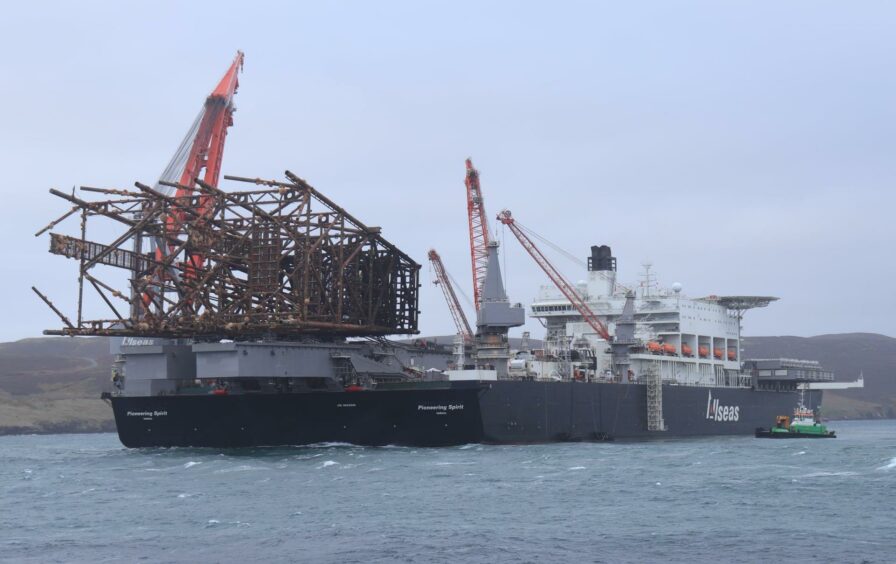
Emerging markets are unprepared for the financing challenge of decommissioning activities to come, Fitch Ratings ESG unit has warned.
Emerging markets have only seen limited decommissioning work thus far, Sustainable Fitch said in a report today. Brazil has carried out work on a “handful” of projects, while Angola, Thailand and Indonesia are working on their first decom steps.
“However, the scale of O&G asset retirements is likely to rise substantially,” the agency said. It cited analysis by Boston Consulting Group stating that by 2038 there would be 1,000 offshore structures in the Arabian Gulf that would no longer be economically viable.
Latin America will have 700 and West Africa 500, it continued. In these emerging markets, state-owned enterprises and governments would probably have to carry these costs, Fitch said.
“Questions remain regarding how thoroughly remediation would be given varying stringency of regulations, raising the prospect of environmental risks,” it said.
The financing challenge will be significant. One study by an academic at the University of Port Harcourt put plugging and abandonment liability in Nigeria at $9 billion. Given the various challenges for Nigeria’s treasury, this will be difficult.
Nigeria passed laws tackling decom obligations, in 2021, as did Angola in 2018. Fitch said, though, that a number of Middle Eastern states, including Saudi Arabia, “do not have specific provisions in legislation”.
Emerging markets have been keen to attract investment from foreign companies and have often not fully developed regulatory “frameworks for managing – and assigning – liabilities for decommissioning”.
Financing options
A number of these countries reimburse companies for decommissioning costs to varying levels. In Nigeria, the state will provide more than 80%, Fitch said.
The question of how to finance these obligations will become more of a concern.
Sustainable Fitch said sovereign Green, Social and Sustainability (GSS) Bonds could provide an answer, attracting money from ESG investors. No issuer has yet defined the primary purpose of such bonds to be preventing pollution.
Another option would be financing along the lines of the Just Energy Transition Partnership (JETP). COP26 drew transition financing commitments for South Africa and COP27 extended the method to Indonesia to retire coal power plants. This option would be “significantly more complex” to apply to the oil and gas sector, though, Fitch said.
